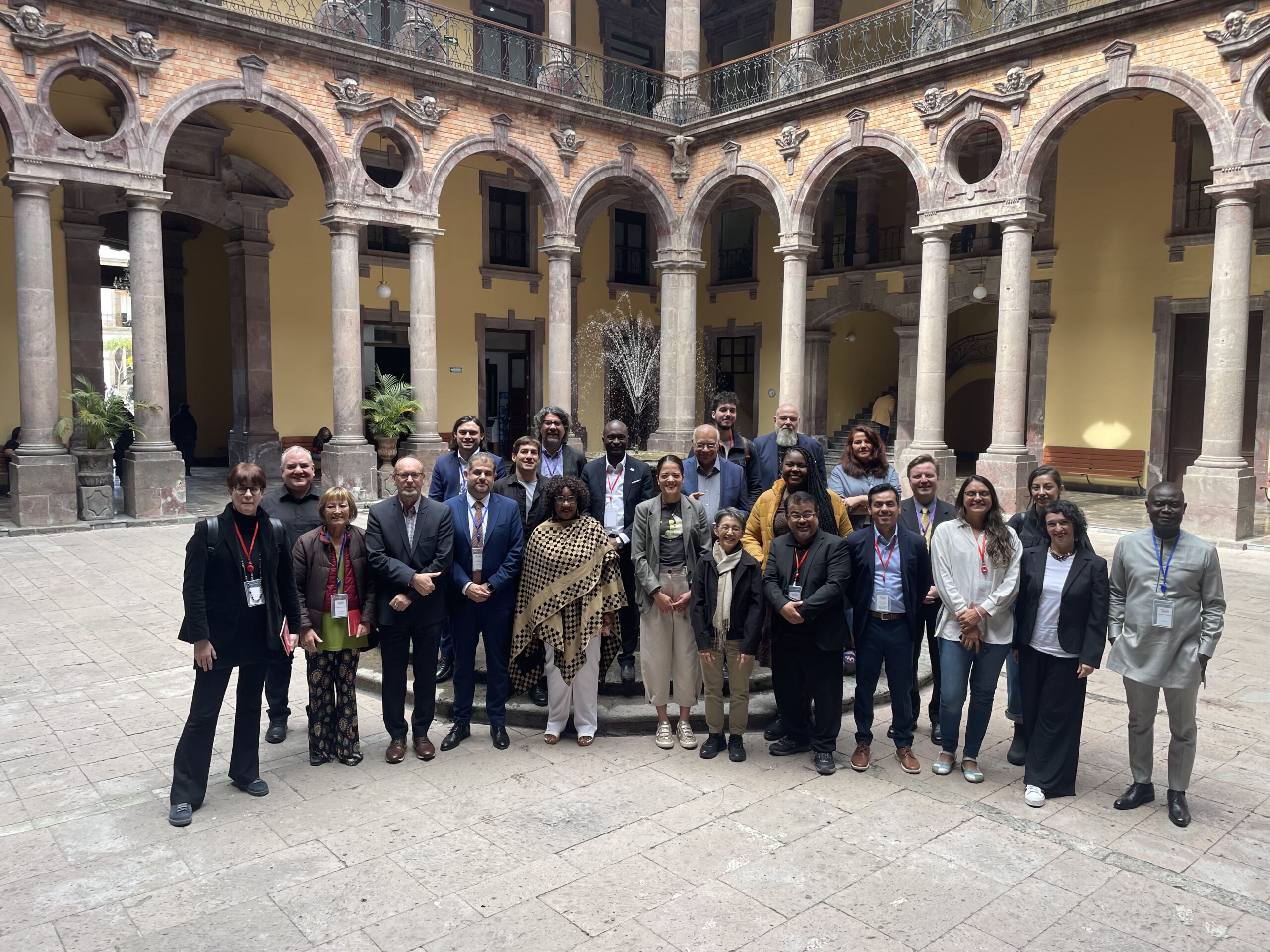Centring libraries in driving urban development through books – IFLA at the World Book Capital City Network Meeting, Guadalajara
08 February 2024
IFLA’s participation at the 2024 meeting of the UNESCO World Book Capital Network provided an opportunity to highlight the need to more to mobilise libraries for urban development, and to gather and share lessons that can help cities everywhere build stronger communities through books and reading.

The World Book Capital City programme focuses on celebrating how, through innovative and inclusive initiatives around books and reading, it is possible to deliver better cities and communities.
Libraries are typically at the heart of successful mandates, with many cities investing in collections, infrastructures and services, as well as making library spaces central to programming.
With over 20 cities now having held the title, there is a growing network, where each member has valuable experience which can benefit not only each other, but also towns and cities everywhere.
As a member of the World Book Capital City advisory committee, IFLA is also involved in the work of the World Book Capital City Network. We were therefore happy to participate in the most recent meeting of the Network, hosted by the previous holder of the title, Guadalajara, Mexico, represented by the chair of the Advisory Committee on Freedom of Access to Information and Freedom of Expression, Jonathan Hernandez Perez.
The meeting offered a great opportunity to exchange ideas around how to maximise impact and ensure support for activities around the book sector, as well as to get an update on opportunities for past title-holders to mentor potential future ones.
In his interventions, Jonathan highlighted the importance of gathering and sharing experience more systematically, for example using tools like the Library Map of the World. He also noted the possibility to use initiatives such as the Sustainable Development Goals as a framework for building partnerships with other actors, and underlined the persistent under-recognition and under-use of libraries as an infrastructure for achieving development goals.
He was also glad to support moves to place a stronger emphasis on literacy, freedom of expression, sustainability, and cultural diversity.
We are looking forward to Strasbourg taking on the title in April 2024, with an exciting programme of activities, many of which are built around the city’s strong library network.
We are grateful to Jonathan for representing IFLA at this meeting.